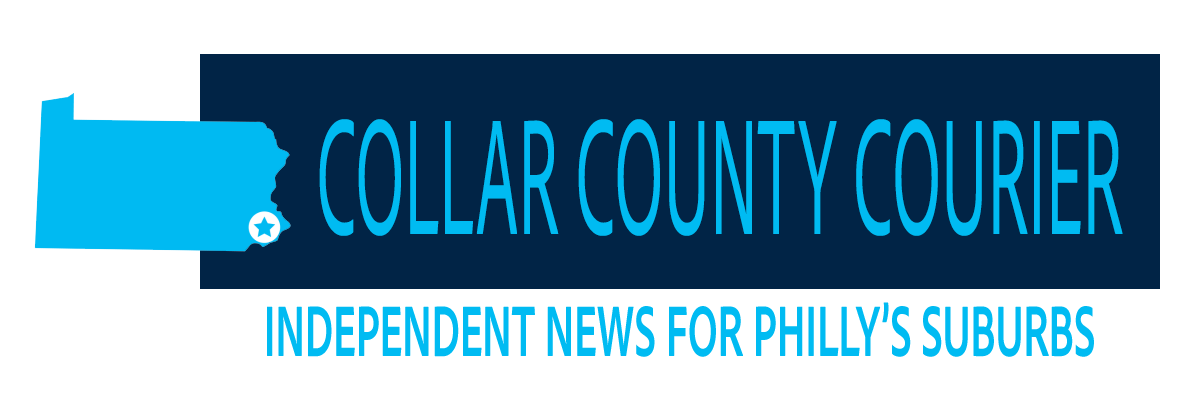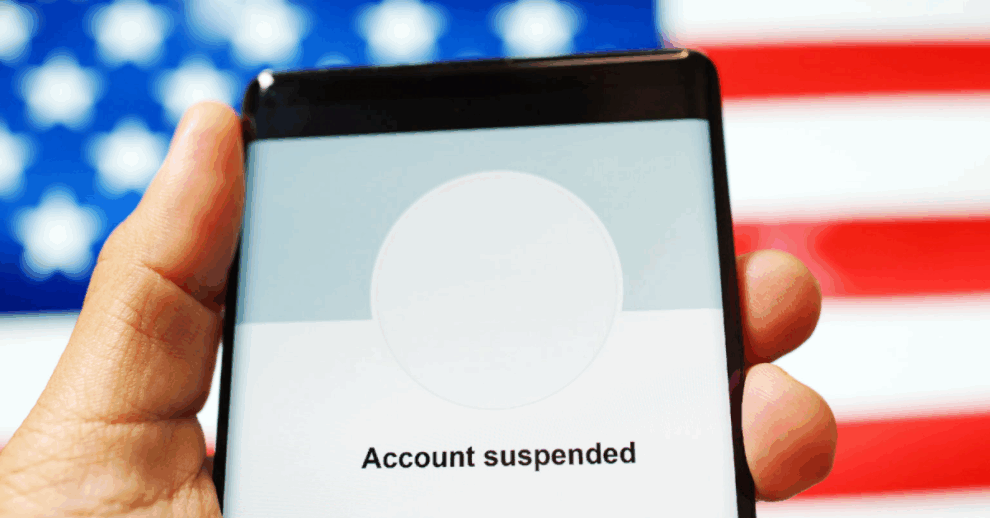Public comments to the FTC renew the fight over Big Tech’s alleged censoring of conservative voices through hidden algorithms.
Americans have grown increasingly concerned about censorship of certain viewpoints from Big Tech and social media companies, according to new comments submitted to the Federal Trade Commission. The complaints come just months after Meta CEO Mark Zuckerberg acknowledged the censorship on his companies’ platforms, prompting the end of fact-checking policies on Facebook and Instagram. FTC Chair Andrew Ferguson released some of the comments which detail Big Tech censorship of individuals with mostly conservative viewpoints.
“Big Tech censorship is not just un-American; it is potentially illegal. The FTC wants your help to investigate these potential violations of the law,” Ferguson wrote in a post welcoming comments. The period for comments to submit comments to the FTC ended in May 2025. The agency then created a portal open to submissions, with a tagline, “help the FTC better understand how these firms may have violated the law by silencing and intimidating Americans for speaking their minds.” Many of the comments highlighted a theme of subtle or unclear moderation algorithms that handpicked certain viewpoints but not others, leaving Americans about the actual rules in place on the platforms.
Ryan Hartwig, a former Meta moderator who later became a censorship whistleblower, said he experienced a “deeply troubling pattern of censorship and bias.” Hartwig says that Facebook instructed moderators to heavily target certain events, including President Trump’s 2020 State of the Union Address, Supreme Court Justice Brett Kavanagh’s confirmation hearings, and the Democratic debates during the 2020 election cycle. The company ordered Hartwig and other moderators to watch for “hate speech” that may arise. Hartwig detailed other forms of censorship in a full post to the FTC’s submission portal.
Ending Big Tech censorship was a stated goal of the Trump administration during the 2024 election. Trump accused the Biden administration and Big Tech companies of colluding to censor alternative COVID-19 viewpoints and opinions in 2020 and 2021, something that Zuckerberg also acknowledged in his testimony before the Senate in early 2025. President Biden’s then-Press Secretary Jen Psaki also admitted that the administration worked with social media companies – specifically Facebook – to “flag problematic posts that spread disinformation.”
The Epoch Times CEO Janice Trey also commented on the FTC’s portal, saying her company had a massive social media presence before the pandemic, but in 2020 Facebook banned advertising on her page, causing large hits to the group’s revenue and following. Trey added that YouTube also censored content on her page, and the issue was not exclusive to Facebook and other Meta platforms.
While Zuckerberg has come clean about “past mistakes” made in moderation of content, other companies such as YouTube, owned by Google, have not responded to requests for comment by the Federal Trade Commission. Google CEO Sundar Pichai openly admitted and defended censorship tactics by the company in 2019. Pichai denied any wrongdoing, calling the practices “hate-speech policies.”





